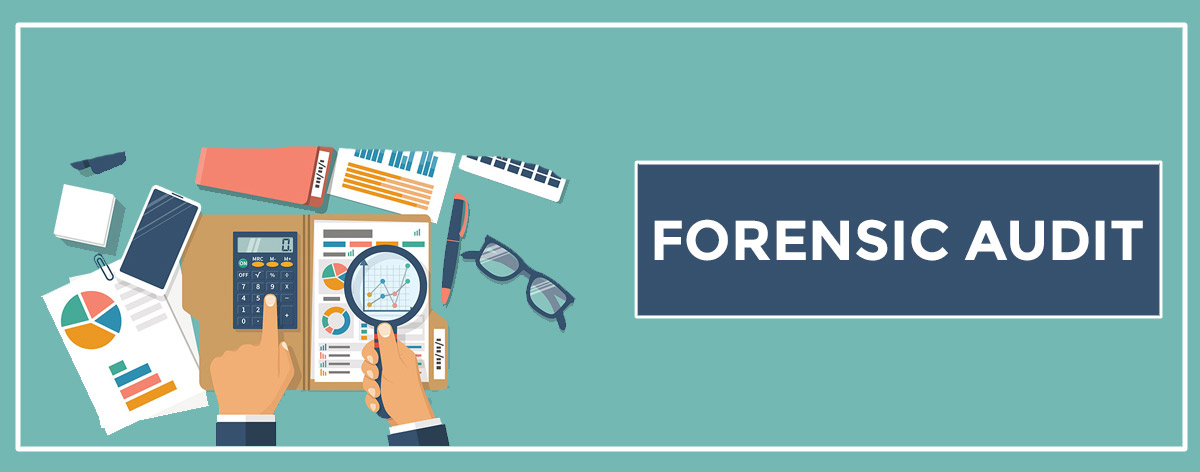‘Forensic Audit’ means an examination and evaluation of a company’s affairs to investigate whether the company has engaged in any financial reporting misconduct. It helps to inter alia detect actions such as diversion of funds, wilful defaults or window dressing of financial statements. Forensic audit is usually initiated by the Board of Directors, Regulators or Courts of law.
Owing to the nature of the work involved in such audits, forensic auditors apply a wide range of skills and methods to determine whether there has been any financial reporting misconduct. The auditor is usually required to have auditing and investigating capabilities. Usually, accounting firms or law firms are tasked with performing such audits. Accounting firms are chosen since such misconduct is usually financial in nature. Law firms become the preferred choice when in addition to financial issues, there are legal issues involved in the misconduct.
In India, RBI was among the first Regulators to issue directions to the effect that banks had to mandatorily conduct forensic audits in the case of Red Flagged Accounts (RFAs). It was left to the concerned bank to appoint an external auditor, which includes forensic experts, or an internal team of investigators, for such assignments, before taking a final view on such accounts.
In September, 2020, the Digital Accounting and Assurance Board, under the Institute of Chartered Accountants of India (ICAI) published a draft of Forensic Accounting and Investigation Standards (FAIS) for comments. The stated objective of issuing these Standards was “To improve the audit quality, acceptability, reliability, admissibility and standardization of the forensic report”. 30 standards, under 6 broad sections, were proposed to be launched by the end of December 2020. According to ICAI, the issuance of these standards was likely to help in the admissibility of the forensic audit report in Courts of law, by standardising of the process and by encouraging collection of evidence based on the process. It was stated that till then, admissibility of such reports in Courts had often been an issue. ICAI further stated that these Standards sought to
- help professionals with providing minimum standards for such assignments.
- help users of the information, including the Government and the Regulators, with an indication of the quality of service that they can expect.
- provide guidance on practical issues.
In March 2021, 13 FAIS and three overarching documents were issued, with 8 more Standards in the pipeline. These Standards are to be binding on the members of the ICAI who undertake forensic audit assignments.
It has been stated that these Standards have “adequate flexibility to address unique situations”. Each forensic audit assignment is different and unique. Standardising the process of finding evidence may not be the best solution to tackle such assignments. ‘One size fits all’ approach may not be the best approach in forensic audit. Further, it has been stated that standardising the process would improve the quality of reporting, with the users knowing what to expect. This argument too does not wash. Even though there are Standards in audit, they have not ensured consistency in quality of reporting. Also, since these Standards are applicable only to the members of the ICAI, the reports of forensic auditors, who are not members, would differ. Finally, since forensic audit is usually ordered by Regulators and the Government, citing inadmissibility of the report in the Court of law, is not a completely convincing contention.
A scrupulously carried out forensic audit could cover many uncomfortable truths. With a clearer picture emerging, the non-compliant companies, with devious intent, will get identified, so that investors and other stakeholders can give them a wide berth.
Prerna Mohan

